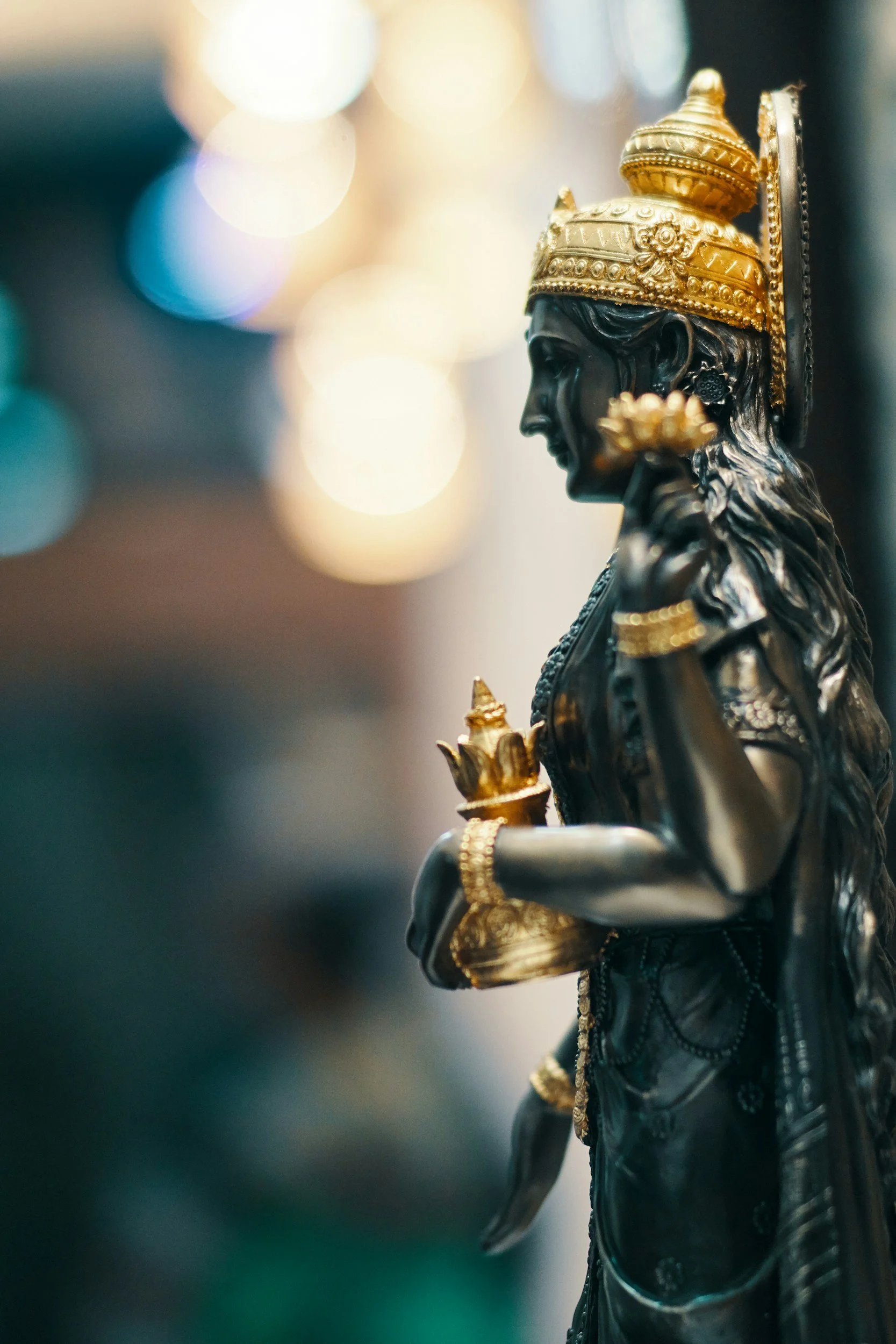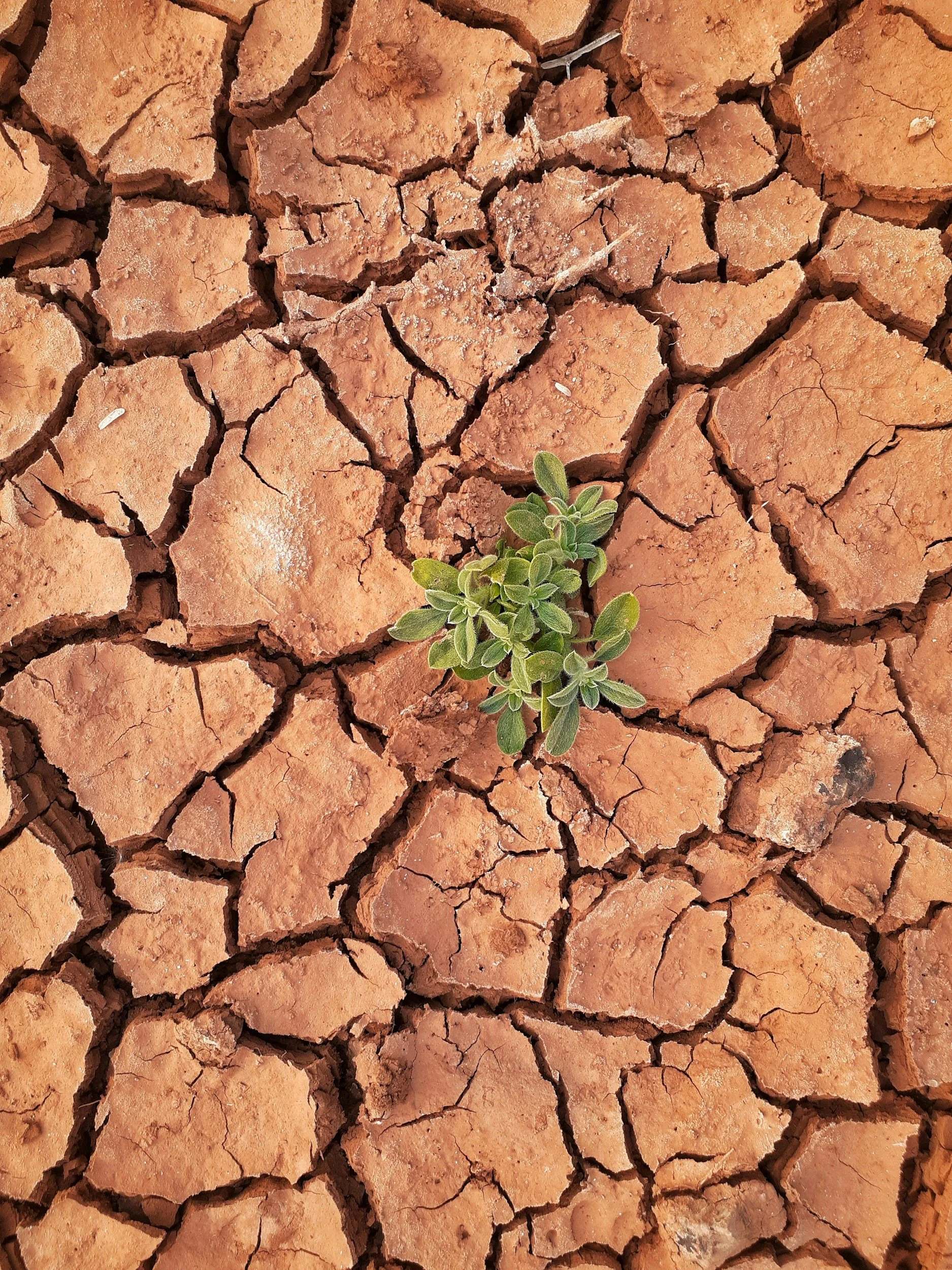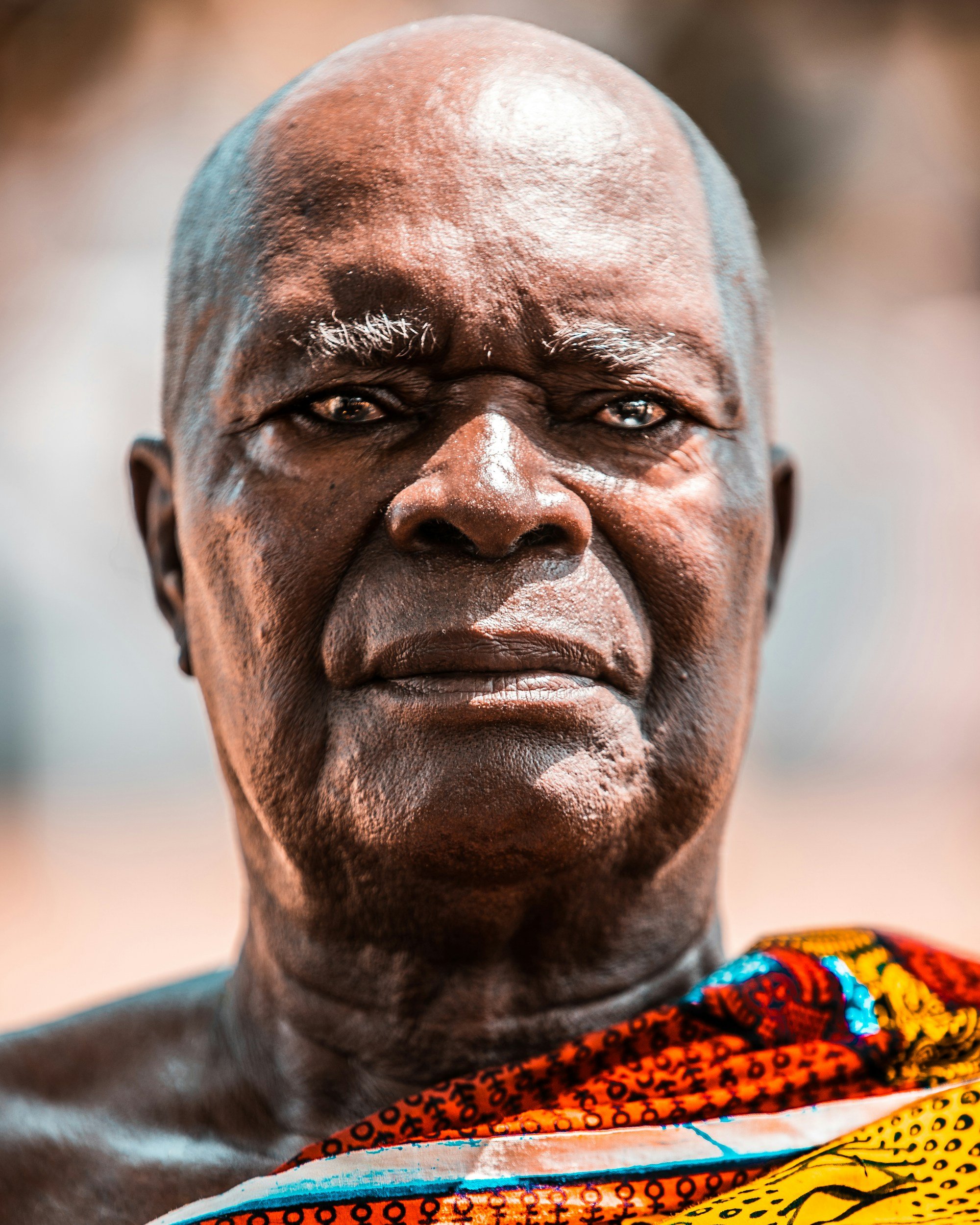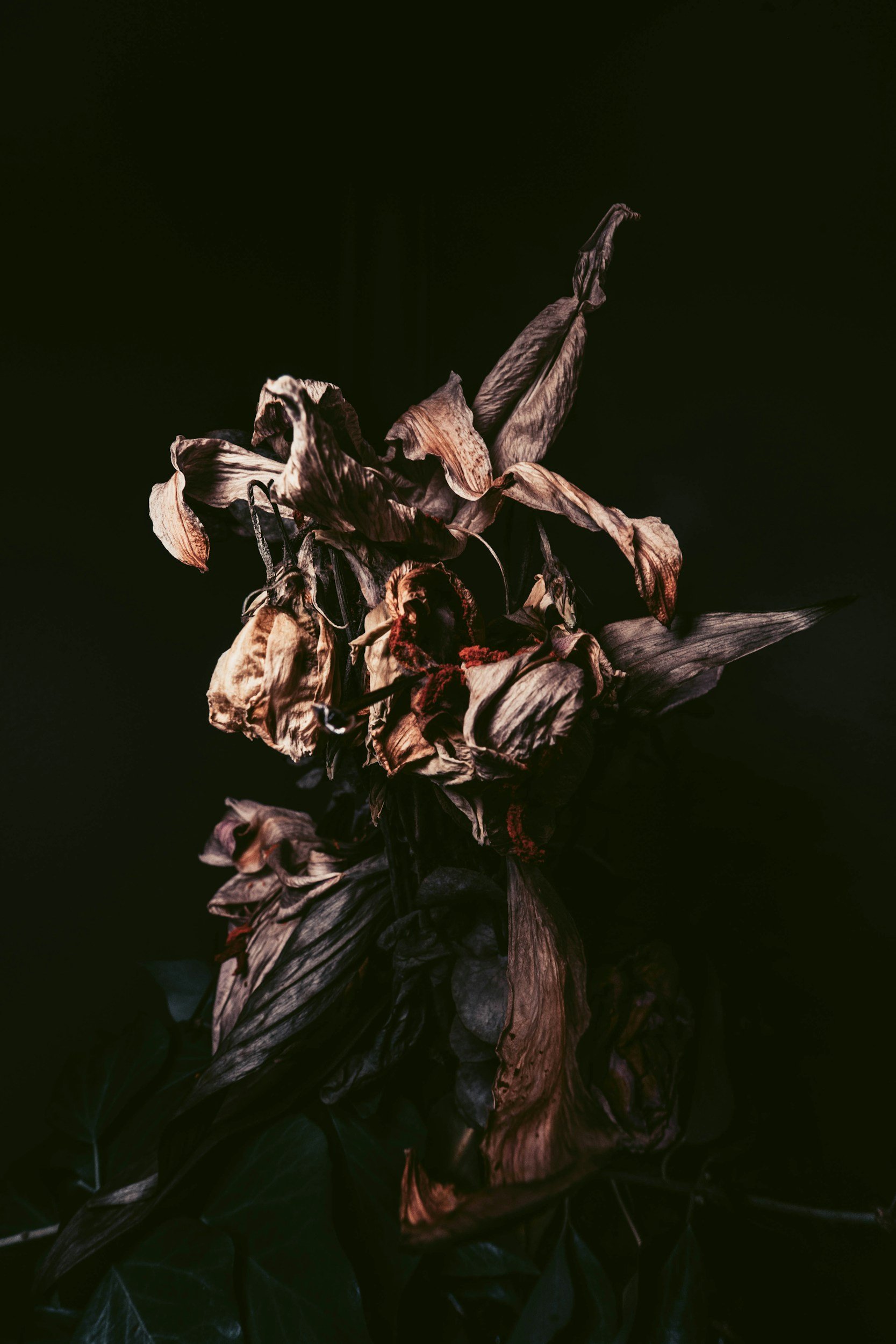What Is Omenala?
In a world constantly searching for systems that uphold justice, harmony, and spiritual balance, the Igbo concept of Omenala (or Omenani) stands out as traditional practice, but also as a sophisticated way of life. To ask “What is Omenala?” is to inquire into the very heart of Igbo civilization, because Omenala is a living, breathing system of values, governance, spirituality, and social coherence.
Let’s explore what makes Omenala not just a cultural relic of the past, but a guidepost for holistic living in Igbo society.
Omenala: That Which Comes from the Land
Omenala implies “that which is derived from the land” (Ala). And in Igbo cosmology, Ala is not just earth or soil, Ala is the goddess of the earth, the custodian of morality, fertility, justice, and balance. Omenala, is then, beyond being man-made set of rules, the natural law revealed through the land itself, filtered through generations of human experience, observation, and spiritual communion.
A Compendium of Life
Omenala is often misunderstood as merely a set of customs or rituals. In truth, it is a compendium, a comprehensive body of knowledge that includes:
Medical wisdom: Healing practices rooted in herbs, energy, and spiritual alignment.
Religious beliefs: Reverence for ancestors, divine forces, and the sacredness of nature.
Political systems: Communal decision-making, elder councils, and leadership that serves, not dominates.
Cultural values: Language, proverbs, rites of passage, music, and social etiquette.
It is both practical and spiritual, individual and communal, temporal and eternal. In short, Omenala is the blueprint of Igbo existence, passed down orally and experientially through generations.
Omenala as the Backbone of Harmony
The strength of Omenala lies in its ability to create and sustain social harmony. In Igbo society, every individual knows what is expected of them and what they can expect from others, not because of imposed laws, but because of shared values.
It sets clear bounds for acceptable and unacceptable behavior across:
Social life (e.g., marriage rites, communal duties)
Economic interactions (e.g., honesty in trade, reciprocity)
Religious conduct (e.g., preservation of masquerade cults, reverence for sacred spaces)
Health practices (e.g., ethical herbalism, spiritual diagnosis)
Justice (e.g., truth-seeking, reparative reconciliation)
Omenala maintains peace, not through coercion, but through shared moral clarity, where truthfulness, hard work, benevolence, humility, and obedience are communal standards, not private virtues.
Morality Rooted in the Divine
Omenala is deeply religious, but not in the dogmatic sense. It is rooted in a sacred worldview where everything is connected—spirit, land, people, ancestors, and the gods (deities). The moral authority of Omenala stems from Ala (the Earth goddess) and the ancestral forces that uphold justice and order.
This spiritual foundation is why Omenala typically commands unquestioned obedience, not out of fear, but reverence. To violate Omenala is to offend not just society, but the sacred cosmos which the society believes it emerges from. And to uphold it is to align oneself with divine truth, according to the value system of each community.
A Communal Moral Compass
Unlike modern legal systems that emphasize individualism, Omenala is communal at its core. Good character is not just a personal achievement, it is a contribution to the wellbeing of the entire community. One’s actions ripple through the larger community, affecting spiritual and social equilibrium.
Omenala teaches:
“I am because we are.”
“You cannot be spiritually upright while neglecting your neighbor.”
This moral interconnectedness is what gives Omenala its enduring power.
A Living Civilization
Omenala is not a fossilized tradition. It is a living civilization, an evolving yet grounded way of being that continues to shape the Igbo experience today. It exists in both theory and practice: in the stories told by elders, the rituals observed in Igbo communities, the enduring reverence for cultural identity, and even in conflict resolution under the unique dictates of each community.
To study Omenala is to study the soul of Igbo people, how we love, heal, govern, give thanks, raise children, and return to the earth.
To Sum It Up
It is important to keep in mind that even though Omenala offers an indigenous blueprint for holistic living, it is not universal. Omenala is very contextual to each Igbo community and their (pre)existing value system.
It is a reflection of the sacred covenant between the people and the land, governed by the ancestors and kept alive by every generation.
There is much to learn from Omenala about moral clarity, social responsibility, spiritual alignment, and how to live in harmony with one’s own people or community. The best place to start with learning is within your own Igbo community.





























